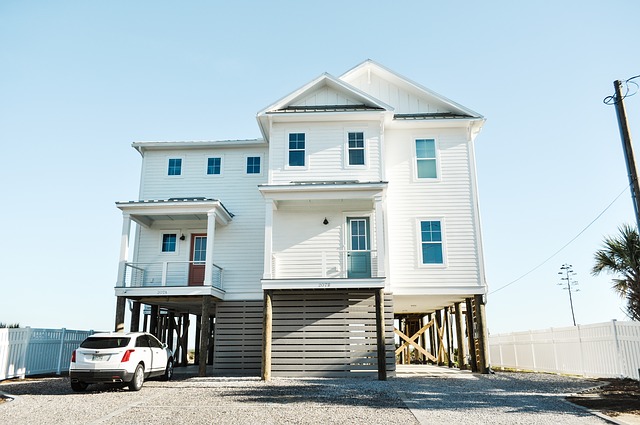
The UK government has launched a review into the effect of short-term holiday lets to improve the holiday letting market for those living in popular tourism locations.
The call for evidence aims to understand the impact of the increase in short-term holiday lets in England following the rise in the use of rental booking websites and apps.
It will look at the market and the opportunities and challenges presented to consumers and tourism communities.
The government reveals it is also considering a registration ‘kitemark’ scheme with spot checks for compliance with rules on issues such as gas safety, a self-certification scheme for hosts to register with before they can operate, and better information or a single source of guidance setting out the legal requirements for providers.
According to research by Airbnb, listing data showed a 33% increase in UK listings between 2017 and 2018, from 168,000 to 223,000.
Almost three-quarters of people (72%) told Airbnb in its green tourism report that the environmental benefits of home-sharing played a role in their choice to travel using that platform.
A separate report by the firm in 2018 said a typical UK host on their platform earns an average of £3,100 a year.
Tourism minister Nigel Huddleston says: “We’ve seen huge growth in the range of holiday accommodation available over the last few years. We want to reap the benefits of the boom in short-term holiday lets while protecting community interests and making sure England has high-quality tourist accommodation.”
“While no decisions have been taken, this review will help us work out the options to look at so we can protect our much-loved communities and thriving holiday industry.”
However, the government says it understands there can be an impact on housing supply and price in these areas as well as fears caused by evidence of a rise in anti-social behaviour in local communities.
The review will also consider the operation of the provisions in London under the Deregulation Act 2015 to allow for measures to be taken against anti-social behaviour while allowing Londoners to rent out their homes.
Responding to the publication of the review, the National Residential Landlords Association chief executive Ben Beadle says the growth in holiday lets is “a direct consequence of the government’s attack on long-term rented housing”.
“Tax policies actively discourage long-term investment in the private rented sector by landlords. With a Housing Secretary that wants to shrink the size of the sector, it is little wonder many landlords have jumped ship to the holiday lets market.”
“As a result, for many in holiday hot spots finding a long-term home to rent is all but impossible. With demand for such housing at a record high, all it is doing is increasing rents when tenants can least afford it.
“The government needs to end its anti-landlord attitude and develop pro-growth tax plans to help renters access the housing they need,” Beadle adds.
The commitment to consult on tourist accommodation was first made in the government’s Tourism Recovery Plan published in June 2021.
Housing minister Stuart Andrew adds: “Holiday let sites like Airbnb have helped boost tourism across the country, but we need to make sure this doesn’t drive residents out of their communities.”
“We are already taking action to tackle the issue of second and empty homes in some areas by empowering councils to charge up to double the rate of council tax.”
“This review will give us a better understanding of how short-term lets are affecting housing supply locally to make sure the tourism sector works for both residents and visitors alike.”



